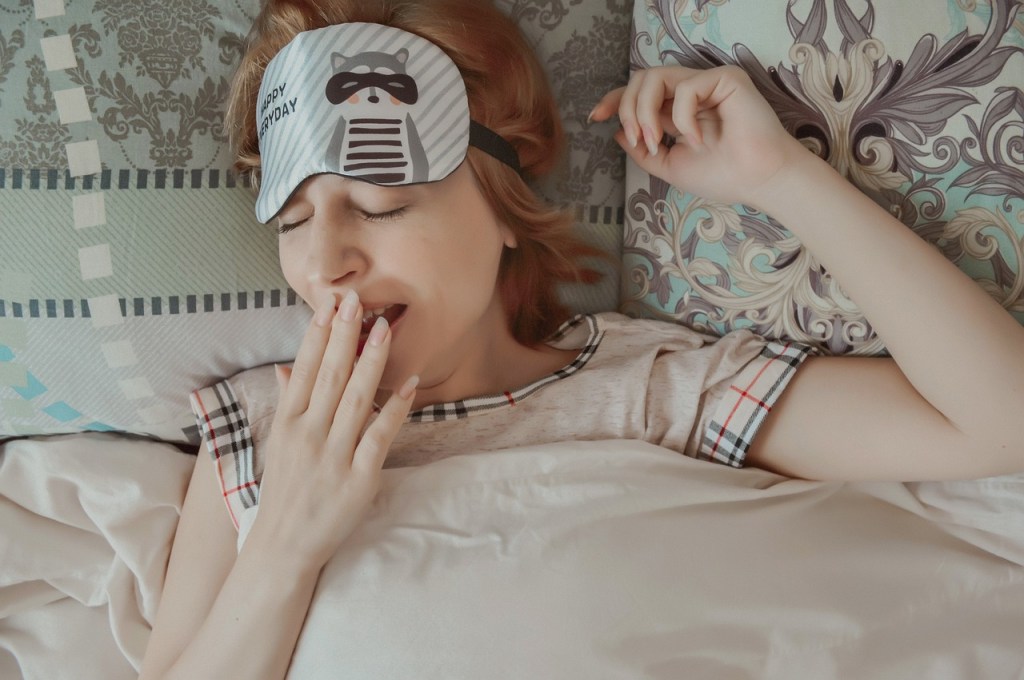Do you find it hard to sleep at night? If so, you’re not alone, as almost 20% of UK adults experience sleep problems. Creating a suitable sleep environment can help with insomnia, but lifestyle factors are also important. A recent study reported in BMJ Open adds evidence to support the role exercise plays in promoting sleep.
Exercise and sleep research
This new study considered the association between exercise and insomnia symptoms, sleep duration and daytime sleepiness in over 4000 adults for a ten-year period. It found that participants exercising at least twice each week were less likely to have problems falling asleep and less likely to report symptoms of insomnia. Regular exercise was also associated with achieving 6 to 9hours of sleep each night, considered to be a normal length of sleep.
The research found that you don’t need to be a life-long exerciser to receive sleep benefits either. Even those who took up exercise during the study were more likely to be normal sleepers. So if you aren’t currently active and struggle to sleep, you may benefit from taking up regular exercise.
Best time to exercise for sleep
While evening exercise used to be considered a no-no, research suggests that an evening workout can aid sleep. However, it is best to avoid moderate to intense activity within 90 minutes of bedtime. This leaves time for your core body temperature and levels of endorphins to fall, which encourages sleep.
Additional ways to promote sleep are a regular bedtime routine, relaxing in the hour leading up to bedtime with screen-free time and avoiding stimulants, such as caffeine and alcohol, in the two hours before bed. Ensuring your room is dark, well-ventilated, cool and quiet can also promote sleep, though some people find gentle music or white noise aids sleep.

Leave a comment